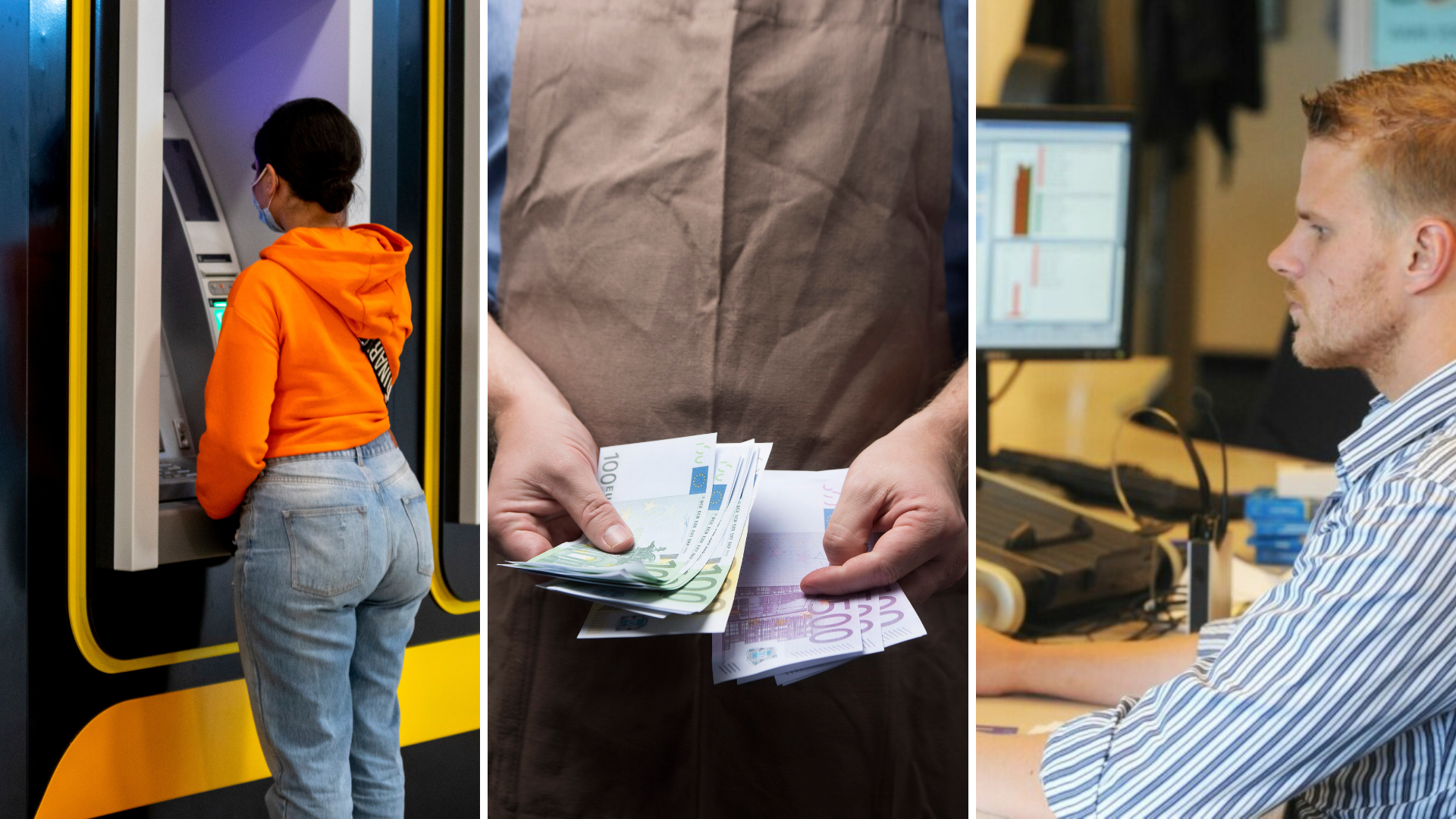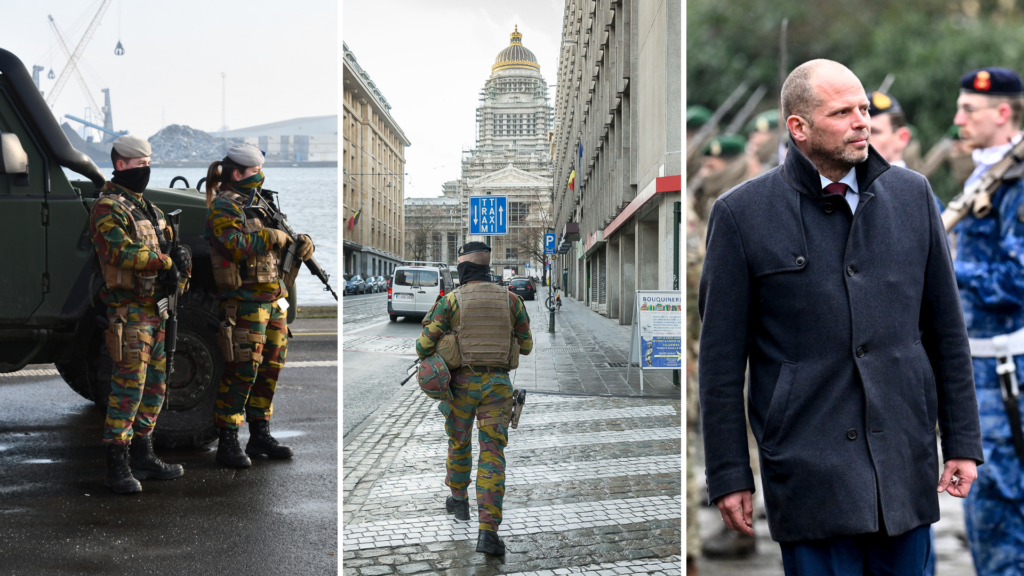Should Belgium prepare for war? When the question was put to the new Defence Minister Theo Francken on Tuesday morning live news, "Absolutely" was his immediate reply – as if the answer was self-evident. His interviewers seemed less sure.
The minister of the Flemish separatist party N-VA proceeded to point out recent Russian interventions that make stepping up defence capabilities an imperative: a rise in cyber attacks, interference with elections in Romania, cable sabotage in the Baltic... All causes of concern, though none for Belgium directly.
When pressed on Belgium's actual military might, Francken was forced to concede that "We are way behind" and urged greater spending on his department. The country spends 1.3% of GDP on defence, despite commitments made a decade ago to hit 2% by 2024. The NATO target now won't be reached until 2029, by which time it could well have been raised.
But while the minister reaffirmed support for Ukraine and insisted that the €3.8 billion spent on 34 F-35 fighter jets is an incontestibly good investment, Francken's assertiveness about Belgium's military future isn't altogether convincing. Whilst few would deny the need to beef up the country's defence capacity, the national appetite for this is minimal.
Francken's announcement that 120,000 young Belgians will be invited to carry out a voluntary military service was followed by mixed reactions. But in reality only around 500 will be selected for the 12-month programme, a far cry from conscription (which was suspended in 1995). Army sources told The Brussels Times that they currently lack the infrastructure, instructors and equipment to run the initiative. Meanwhile, some sceptical Boomers took the opportunity to cast aspersions about the fortitude of Gen Z.
Public opinion on militarising was further challenged when Francken proposed repurposing the now-closed Audi factory in Brussels to make armoured vehicles. Whilst some thought this a sensible solution to creating jobs and preserving one of the few remaining manufacturing plants in the capital, others poo-pood the idea, arguing the site would be better used to serve Brussels (apparently forgetting the 4,000 jobs it would provide).
Funding aside, the Defence Minister's greatest challenge will be persuading the public to renew their views on Belgium's modest military. He's got his work cut out.
Belgium in Brief is a free daily roundup of the top stories to get you through your coffee break conversations. To receive it straight to your inbox every day, sign up below:
1. Battle stations! What will Belgium’s new military service look like?
As steps are taken across Europe to bolster defence capabilities, how could Belgium's new military service change the nation's army? Read more.
2. Salary increases and lower savings rates: What changes in Belgium on 1 March?
From wage rises in the public and private sectors to less attractive savings accounts and new dementia doctors in Flanders, here's what changes in March. Read more.

3. What to do in Brussels this weekend: 28 February to 2 March
This weekend's cultural agenda is jam-packed, including Brussels' most iconic film festival dedicated to Animation and museum tours for young and old. Read more.
4. Audi factory in Brussels closes after over 75 years
The closure of the Audi plant in Forest, 76 years after the first car rolled off the car factory's production line, is historic, leading to some 3,000 job losses. Read more.
5. Europe’s language revolution, now more visible than ever
How successful are European countries at unifying their populations linguistically? Europe’s rapid linguistic transformation can now be answered in a few clicks. Read more.
6. De Wever does not rule out additional defence investment in ‘short term’
The new Federal Government plans to significantly increase military spending to reach the target of 2% of GDP by 2029. Read more.
7. The Brussels Times Gig Guide: What are the best concerts in March?
Find out the best gigs in Brussels for you and your friends to not miss this March. Read more.

